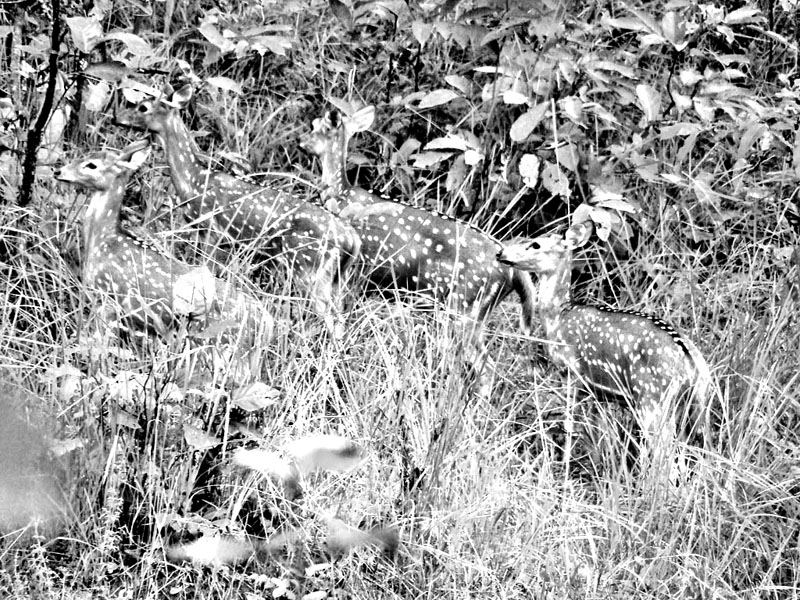LETTERS: Good initiative for wildlife
Apropos of the news story “Animal-friendly road to be constructed in Chitwan” (THT, Jan. 20, Page 3) it must be said that this is excellent news from the perspective of wildlife conservation in Nepal. In spite of the severe financial constraints, the decision to move forward with the construction of an animal-friendly road along Chitwan draws kudos for the Government of Nepal and the related departments for their sincere commitment towards wildlife conservation and preserving the rich biodiversity of the nation. Road deaths are major threats to wildlife in both the developing and
underdeveloped nations. Highways and railway tracks that cut through animal habitats are often unfortunately resulting in large numbers of accidental animal deaths around the world. Similar initiatives have been taken in India, Thailand, Malaysia and Indonesia in protecting their rich wildlife by the construction of several wildlife passes along the highways and railways tracks either passing through or are adjacent to large forests, biological parks or nature reserves. Nepal now adds to this glorious list of progressive nations that are contributing significantly towards wildlife conservation. Thanks to the editorial staff of THT for their commitment in providing nature related coverage for making the general public aware of the significance of wildlife conservation and protecting the natural ecosystems and environment.
Saikat Kumar Basu, Canada
Gifting rhinos
Minister for Forest and Soil Conservation Agni Prasad Sapkota on January 17 said that China had sought two pairs of one-horned rhinoceros from Nepal. He revealed the fact after returning home from his five-day China visit. According to him, one-horned rhinos had become extinct in the northern neighbouring country. Listed on Appendix 1 of Convention of International Trade in Endangered Species of Wild Fauna and Flora, the endangered one-horned rhinos are found only in Nepal and India that too in a limited number. As a matter of fact, the request forwarded by our all-weather friend should not be fulfilled given the dwindling number of the rhinos in the wild. It’s because there are only 645 rhinos in the Chitwan National Park and Bardiya National Park. If the wish of China has to be fulfilled, the government of Nepal must be patient and then wait for a few years in order to offer the rare animals. Well, it can be done only on one real condition. Population of this animal must increase at least five times in the next ten years so as to make sure that the wish of our northern neighbour will get fulfilled. The one-horned rhinos are declining because the poachers kill them for their horns which many believe possess medicinal value. China is one of the countries in the world where animal parts and skins are smuggled from across the world for medical purposes. This has led to the poaching of the rhinos, tigers, elephants and other endangered animals.
Pratik Shrestha, Kathmandu






